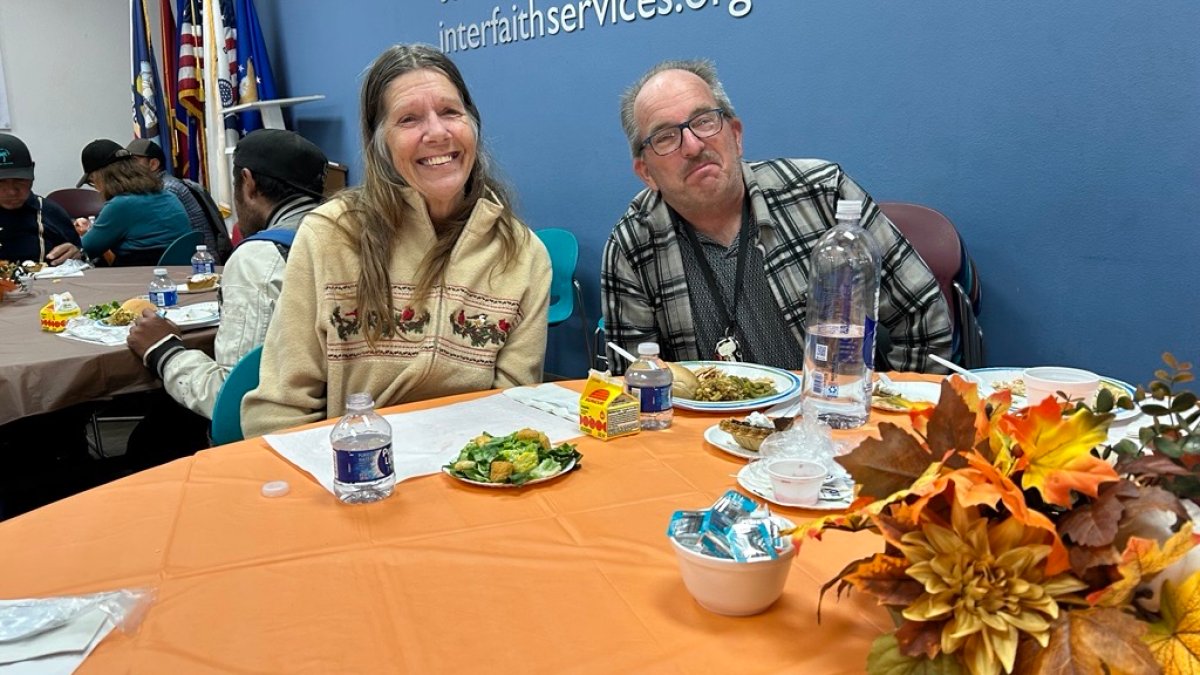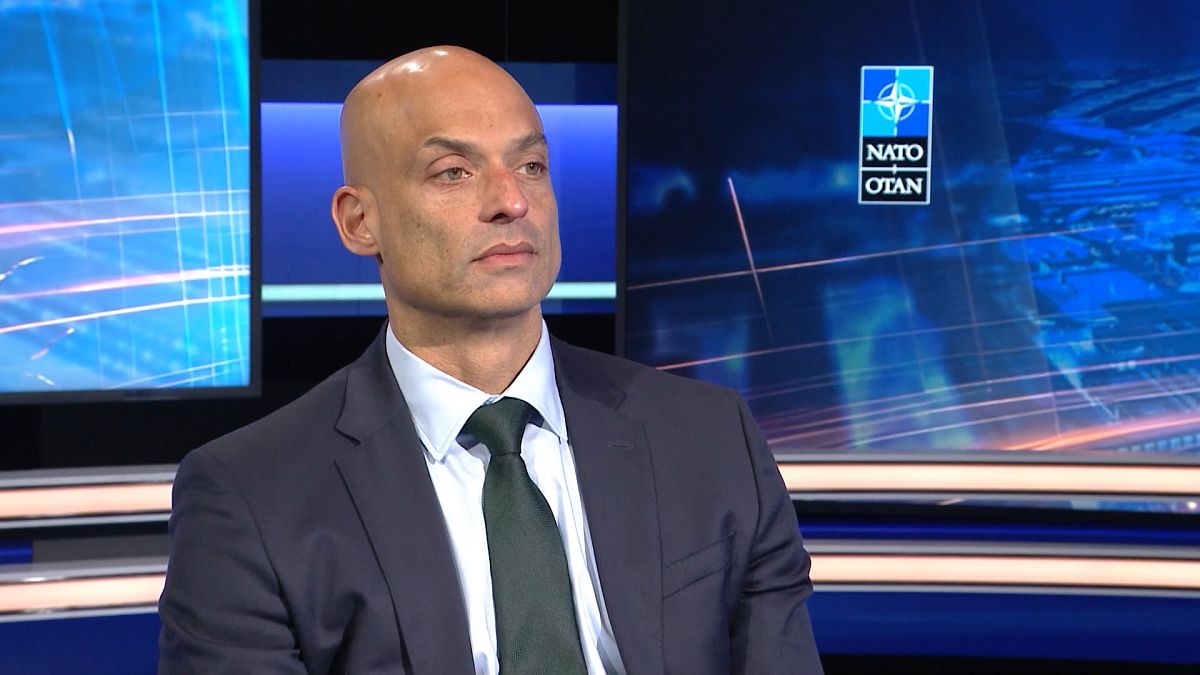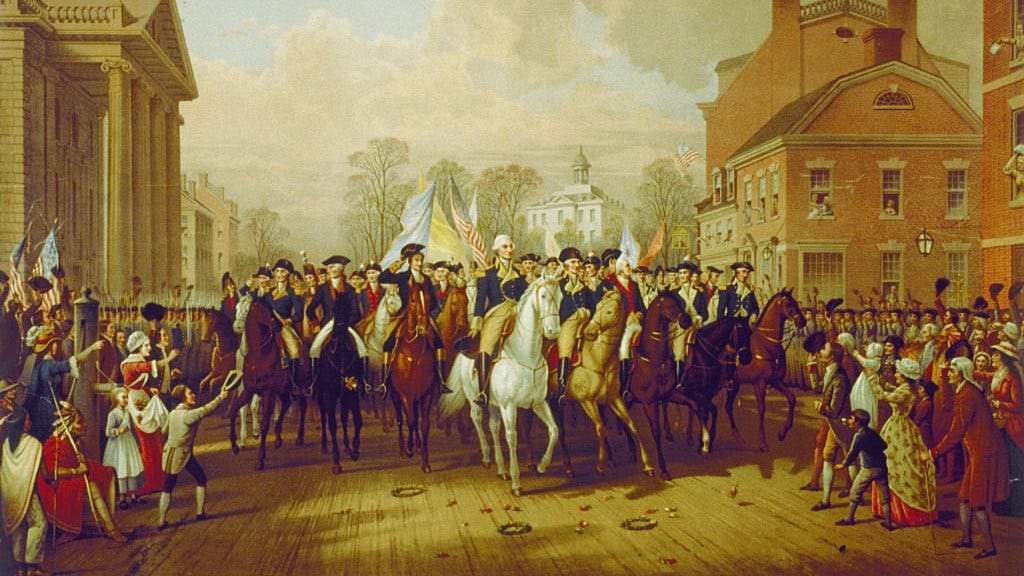Mississippi
Supreme Court won’t hear challenge to Mississippi’s Jim Crow-era ban on voting after some felonies

By EMILY WAGSTER PETTUS (Associated Press)
JACKSON, Miss. (AP) — The U.S. Supreme Court said Friday that it will not stop Mississippi from removing voting rights from people convicted of certain felonies — a practice that originated in the Jim Crow era with the intent of stopping Black men from influencing elections.
The court declined to reconsider a 2022 decision by the conservative 5th U.S. Circuit Court of Appeals that said Mississippi had remedied the discriminatory intent of the original provisions in the state constitution by altering the list of disenfranchising crimes.
In a dissent Friday, Justice Ketanji Brown Jackson wrote that the authors of the Mississippi Constitution in 1890 made clear that they intended to exclude Black people by removing voting rights for felony convictions in crimes they thought Black people were more likely to commit, including forgery, arson and bigamy.
The list of disenfranchising crimes was “adopted for an illicit discriminatory purpose,” Jackson wrote in the dissent joined by Justice Sonia Sotomayor.
The Supreme Court rejected a challenge to Mississippi’s felony disenfranchisement provisions 125 years ago, and “this Court blinks again today,” Jackson wrote.
“Constitutional wrongs do not right themselves,” she wrote. “With its failure to take action, the Court has missed yet another opportunity to learn from its mistakes.”
In 1950, Mississippi dropped burglary from the list of disenfranchising crimes. Murder and rape were added to the list in 1968. Attorneys representing the state argued that those changes “cured any discriminatory taint on the original provision,” and the appeals court agreed.
The Mississippi attorney general issued an opinion in 2009 that expanded the list to 22 crimes, including timber larceny, carjacking, felony-level shoplifting and felony-level bad check writing.
Attorneys from the Mississippi Center for Justice filed a lawsuit in 2017 to challenge the disenfranchising provisions, arguing that authors of the state’s constitution showed racist intent when they chose which felonies would cause people to lose their voting rights. The lawsuit did not challenge the disenfranchisement for conviction of murder or rape.
To regain voting rights in Mississippi now, a person convicted of a disenfranchising crime must receive a governor’s pardon or must win permission from two-thirds of the state House and Senate. Legislators in recent years have restored voting rights for only a few people who have completed their prison time.
“We are extremely disappointed in the Supreme Court’s failure to review the case and eliminate this post-Reconstruction vestige of white supremacy from Mississippi’s constitution and Mississippi’s elections,” Rob McDuff, the Mississippi Center for Justice attorney who filed the case, said in a statement Friday.
The center’s president and CEO, Vangela M. Wade, said Mississippi lawmakers must repeal the disenfranchisement provisions that were enacted for racist reasons.
“Here in the 21st century, just and reasonable minded people must not allow this outdated relic of the 19th century to stand or define a new Mississippi,” Wade said.
A 2022 report by The Sentencing Project said about 4.6 million people in the U.S. — about 2% of the voting-age population — have lost voting rights because of felony convictions. The report said more than 8% of adults of all races in Alabama, Mississippi and Tennessee are disenfranchised, and more than 10% of Black adults are disenfranchised in Alabama, Arizona, Florida, Kentucky, Mississippi, South Dakota, Tennessee and Virginia.

Mississippi
Earthquake strikes Jackson, MS area on Thanksgiving Day. See the details

VIDEO: Students practice earthquake drill for Great Oregon ShakeOut
Spencer Butte Middle School students participate in the Great Oregon ShakeOut, learning about earthquakes and what to do if one occurs.
A 2.5 magnitude earthquake struck near the Ross Barnett Reservoir on Thanksgiving Day, the United States Geological Survey confirmed.
The minor-earthquake struck around 12 kilometers southeast of Canton at a depth of 5 kilometers. It happened around 7:48 a.m. No damage was reported.
The quake was recorded on the north side of the of the reservoir near where Highway 43 crosses the lake and south of the Natchez Trace Parkway.
Earthquakes have occurred in the region before.
“Until 2014, when the dramatic increase in earthquake rates gave Oklahoma the number one ranking in the conterminous U.S., the most seismically active area east of the Rocky Mountains was in the Mississippi Valley area known as the New Madrid seismic zone,” according to the USGS website.
In the winter of 1811 and 1812, according to the USGS, the New Madrid seismic zone “generated a sequence of earthquakes that lasted for several months and included three very large earthquakes estimated to be between magnitude 7 and 8. The three largest 1811-1812 earthquakes destroyed several settlements along the Mississippi River, caused minor structural damage as far away as Cincinnati, Ohio, and St. Louis, Missouri, and were felt as far away as Hartford, Connecticut, Charleston, South Carolina, and New Orleans, Louisiana.”
A 2.6 magnitude earthquake also struck in Oklahoma on Thanksgiving Day.
Mississippi
Minor earthquake recorded in Mississippi on Thanksgiving

MADISON COUNTY, Miss. (WJTV) – A minor earthquake was recorded in Mississippi early Thanksgiving morning.
According to the United States Geological Survey (USGS), the 2.5-magnitude earthquake occurred southeast of Canton near the Ross Barnett Reservoir around 1:48 a.m. on Thursday, November 28.
Officials with the Michigan Technological University said earthquakes below 2.5-magnitude are “generally not felt.” So far, there are no reports of any damage in Madison County.
The last earthquake that occurred in Madison County was a 2.8-magnitude earthquake in 2019.
Mississippi
Thanksgiving on Mississippi Public Broadcasting Think Radio, set to air on Thursday, November 28th

MISSISSIPPI (KTVE/KARD) — For Thanksgiving, on Thursday, November 28, 2024, the Mississippi Public Broadcasting Radio will air a special programming.
Photo courtesy of Mississippi Public Broadcasting
According to officials, “Turkey Confidential” and “Feasting with the Great American Songbook: An Afterglow Thanksgiving Special” will run from 9 a.m. to 1 p.m. Francis Lam will be taking calls and help those in need of Thanksgiving cooking tips for the biggest cooking day of the year.
According to officals, “Feasting with the Great American Songbook: An Afterglow Thanksgiving Special” will explore classic jazz and popular songs about food by singers like Louis Armstrong, Louis Jordan, and Fats Waller, perfect for listening while sitting at the table.
-

 Science1 week ago
Science1 week agoTrump nominates Dr. Oz to head Medicare and Medicaid and help take on 'illness industrial complex'
-

 Health6 days ago
Health6 days agoHoliday gatherings can lead to stress eating: Try these 5 tips to control it
-

 Health3 days ago
Health3 days agoCheekyMD Offers Needle-Free GLP-1s | Woman's World
-

 Science3 days ago
Science3 days agoDespite warnings from bird flu experts, it's business as usual in California dairy country
-

 Technology2 days ago
Technology2 days agoLost access? Here’s how to reclaim your Facebook account
-

 Science1 week ago
Science1 week agoAlameda County child believed to be latest case of bird flu; source unknown
-

 Sports1 week ago
Sports1 week agoBehind Comcast's big TV deal: a bleak picture for once mighty cable industry
-

 Entertainment22 hours ago
Entertainment22 hours agoReview: A tense household becomes a metaphor for Iran's divisions in 'The Seed of the Sacred Fig'















